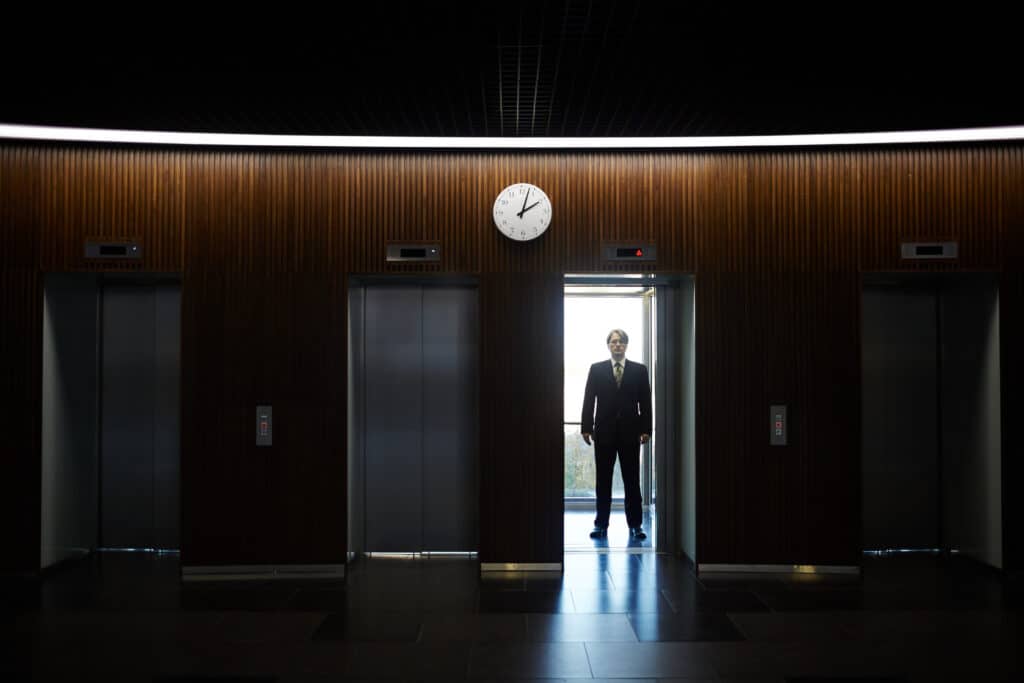Free Consultation
Free Consultation

A Bronx mechanic is facing criminal charges in connection with a 2021 elevator incident that led to a comprehensive investigation into elevator safety protocols. This case has raised concerns about the oversight of elevator maintenance and repair in New York City, prompting renewed interest in the city’s regulatory bodies and the mechanics of elevator operation.
In February, 2021, mechanic Peter Milatz, 67, and apprentice mechanic Joseph Rosa, 25, were working on modernizing an elevator at a six-story apartment building located at 133 East Clark Place. Their task involved replacing the steel-wire ropes connecting the elevator cabin and the counterweight. The city’s Department of Investigations reported that Milatz instructed Rosa to go to the elevator pit while he stayed on the sixth floor. Rosa successfully secured the counterweight; however following Milatz’s orders, he cut the ropes to the elevator cabin. Tragically, the cabin plunged and crushed Rosa as a result.
Upon investigation, authorities discovered that the elevator had not been properly maintained and that crucial safety protocols were violated. The mechanic responsible for servicing the elevator was found to have skipped essential checks, such as the verification of the elevator’s braking system and the regular inspection of its cables.
As a result, the Bronx mechanic is now facing criminal charges, including reckless endangerment and falsifying business records. If convicted, the mechanic could fact significant fines and jail time.
Elevators rely on a system of counterweights, cables, and pulleys to move between floors. They are designed with several safety features, such as brakes and safety gear systems that prevent free-fall in case of a malfunction. Proper maintenance and adherence to safety protocols are crucial in ensuring the safe operation of elevators. This includes regular inspections, lubrication of moving parts, and testing of safety systems.
In New York City, the Department of Buildings (DOB) is responsible for regulating elevator safety. The DOB issues licenses to elevator inspectors and contractors, and requires that they adhere to strict safety guidelines. Additionally, the DOB mandates that elevators undergo periodic inspections and tests to ensure their safe operation.
The American Society of Mechanical Engineers (ASME) also plays a role in elevator safety by setting industry standards. ASME’s Safety Code for Elevators and Escalators, known as ASME A17.1, provides comprehensive guidelines for the design, construction, operation, inspection, testing, maintenance, and alteration of elevators.
If you have any questions about an elevator accident that may have caused you an injury, contact our experienced elevator accident lawyers email or by calling (800) 762-9300 for a free consultation. You can also simply fill out one of our case intake forms and we will have one of our attorneys get right back to you.
Related Topics: